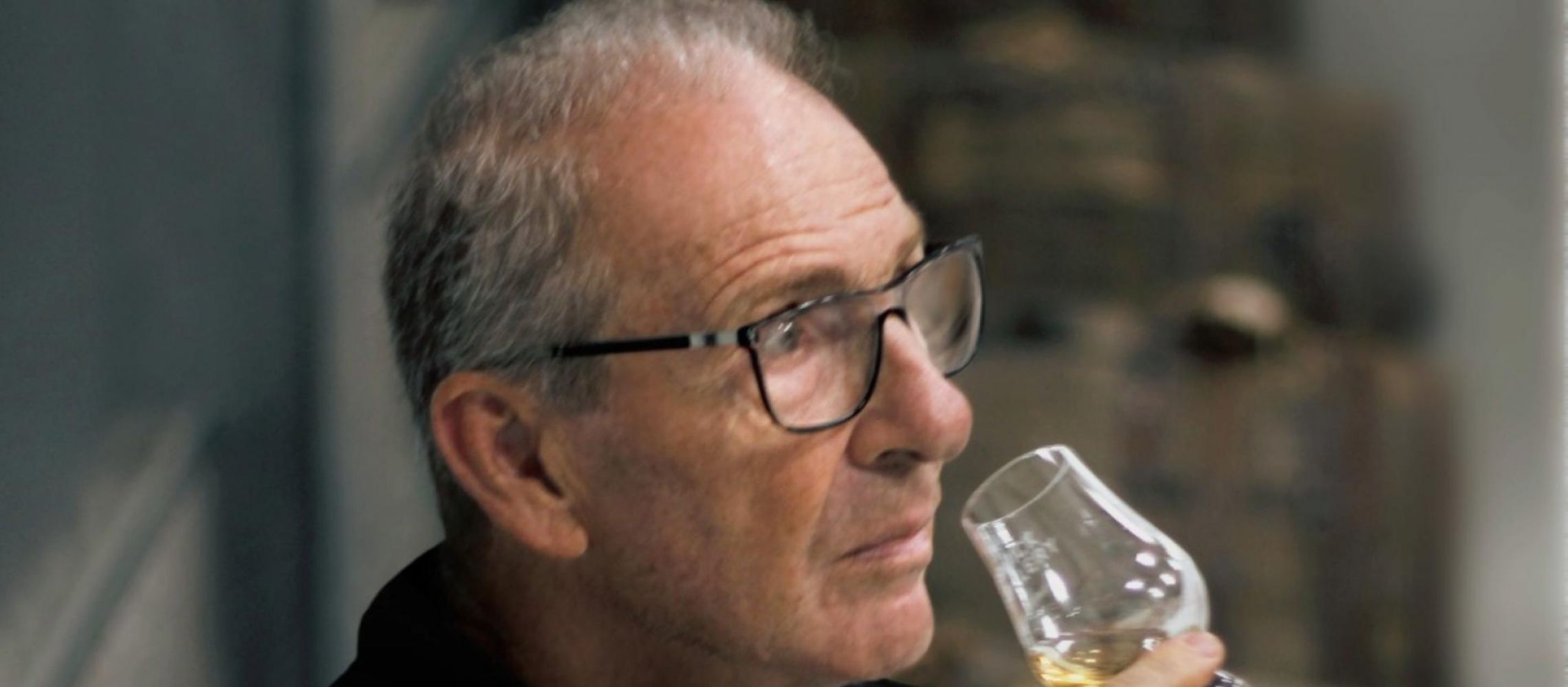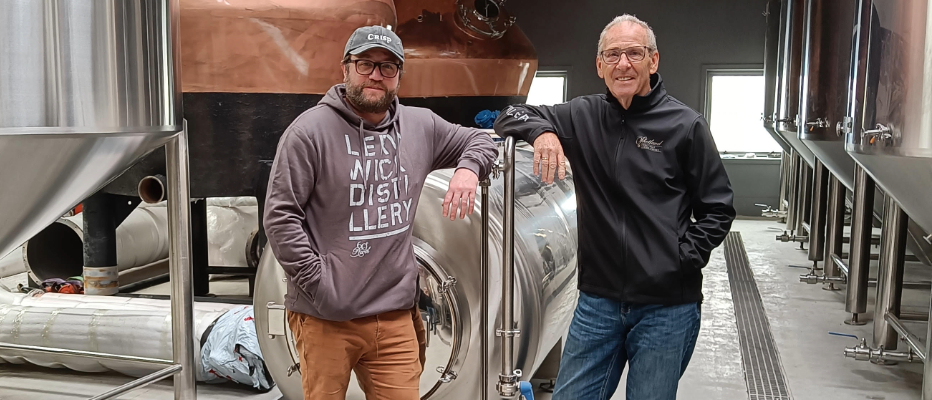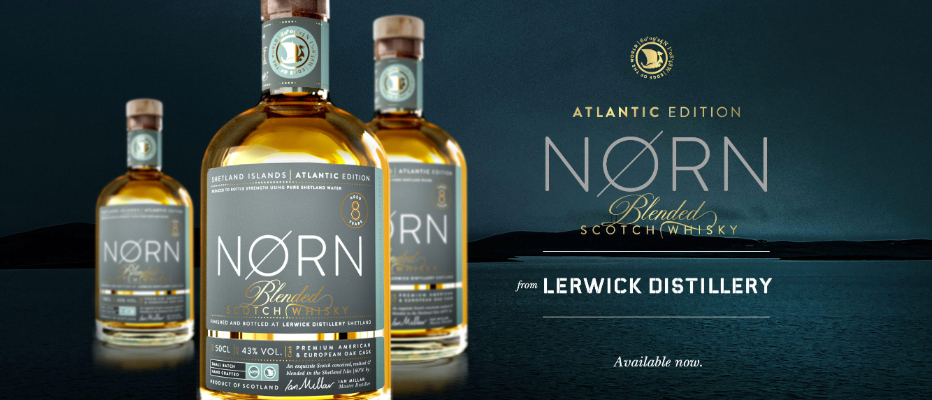Submission Deadline
28 February 2026
Judging
Date
24 & 25 March 2026
Winners Announcement
22 April 2026
28 February 2026
24 & 25 March 2026
22 April 2026

A well-established player in Scotland’s whisky scene, Ian Millar has been a part of the industry for more than three decades now. He worked in some of Scotland’s well-known distilleries, like the Glenfiddich Distillery, The Balvenie Distillery, the Bladnoch Distillery and more, before starting the newest chapter in his career as the Master Distiller at Lerwick Distillery. In this establishment based in the Shetland Islands of Scotland, Millar aims to make a significant impact in the Scotch whisky industry. In an interview with the London Spirits Competition, he talks to us about his distilling career and crafting unique whisky expressions for the distillery, which is home to Shetland’s first-ever single-malt Scotch whisky.
I am the Master Distiller at Lerwick Distillery, currently crafting a couple of whisky expressions, including an eight-year-old blend and two single malt whiskies, which are a part of our ‘NORN’ range available in the distillery shop. With all the main pieces of equipment already in place now, production at the distillery will fully begin in early 2025. We are just waiting for an electrical cable upgrade to manage our production.
Also read: Award-Winning Whiskeys To Try From the United Kingdom
[[relatedPurchasesItems-63]]
Working in the distilling industry initially started off as just a job to pay my bills. However, as the years went by, I became more attached to the profession. I was particularly grateful that I was given the opportunity to advance in my career, going from a warehouse operator role to a managerial position. It is all the growth and the new challenges that came with each job title that made me fall in love with a career in distilling and stay in it for more than 50 years now.
A good distiller is someone who is eager and excited to constantly grow by continuously learning. They should also be an excellent team player who communicates regularly with the production team, ensuring that the highest standards of production and maturation are maintained at the distillery.
I am learning the techniques for blending malt and grain whiskies in order to make our eight-year-old blended whisky. It has been both fun and challenging.

Image Title: Ian Millar with Calum Miller, Production Director at Lerwick Distillery
When blending grain and malts for blended whisky, it really helps to know what works best. In my case, I ensure that there is at least 35% malt and that I add a wee bit of sherry cask matured whisky in the mix as well. Simultaneously, when I am working on a single malt, I see to it that it has the right balance of maturation from American oak and sherry casks, or other options like rum or wine casks. It is all about trying to create a recipe that you know you will enjoy.
Fermentation time has a significant impact on a spirit’s character so I always aim to keep the fermentation to a minimum of 70 hours. As for the dry yeast I use in the process, I go to a trusted source from whom I have been getting it for more than 25 years now.
First off, I do some background research on the supplier and see if they have a favourable reputation within the industry. Then, I check if they will be able to provide us with high-quality spirits or whisky. If both are up to my expectations, I decide to purchase from them.
I tell them that they don’t need to stock it unless they like it because I am quite confident in my whisky’s ability to impress my clients.

Image Title: The Atlantic NORN whisky
We send our draff cereal and pot ale to local farmers who feed their pigs with our pot ale and spent lees. As for the other waste, we send them to the local sewer under a council agreement.
There was a time when Scotland was synonymous with whisky for many years. However, it has become more challenging to maintain that legacy as many distilleries are being built around the world. As a Scottish distiller, I feel that we have to fight collectively to maintain that coveted spot in the international whisky market.
Also read: Indian Whisky: A Rising Star in the Global Market
As we are seeing a growing number of small craft distilleries opening, the industry will become more competitive. This will push distillers to improve the overall quality of the end product so that their spirits stand out in the market. Moreover, new consumers are drinking more sensibly so they are more likely to spend their hard-earned cash on a quality single malt.
Header image from Ian Millar
Related links
How Alex Witt Uses His Distilling And Brewing Talent To Excel In The Irish Whisky Industry
Alasdair Day’s Commitment To Sustainability And Scotch Whisky At The Isle of Raasay Distillery
Show your spirits where it matters. Get your products tasted by top bartenders, buyers and experts at the London Competitions — enter now.